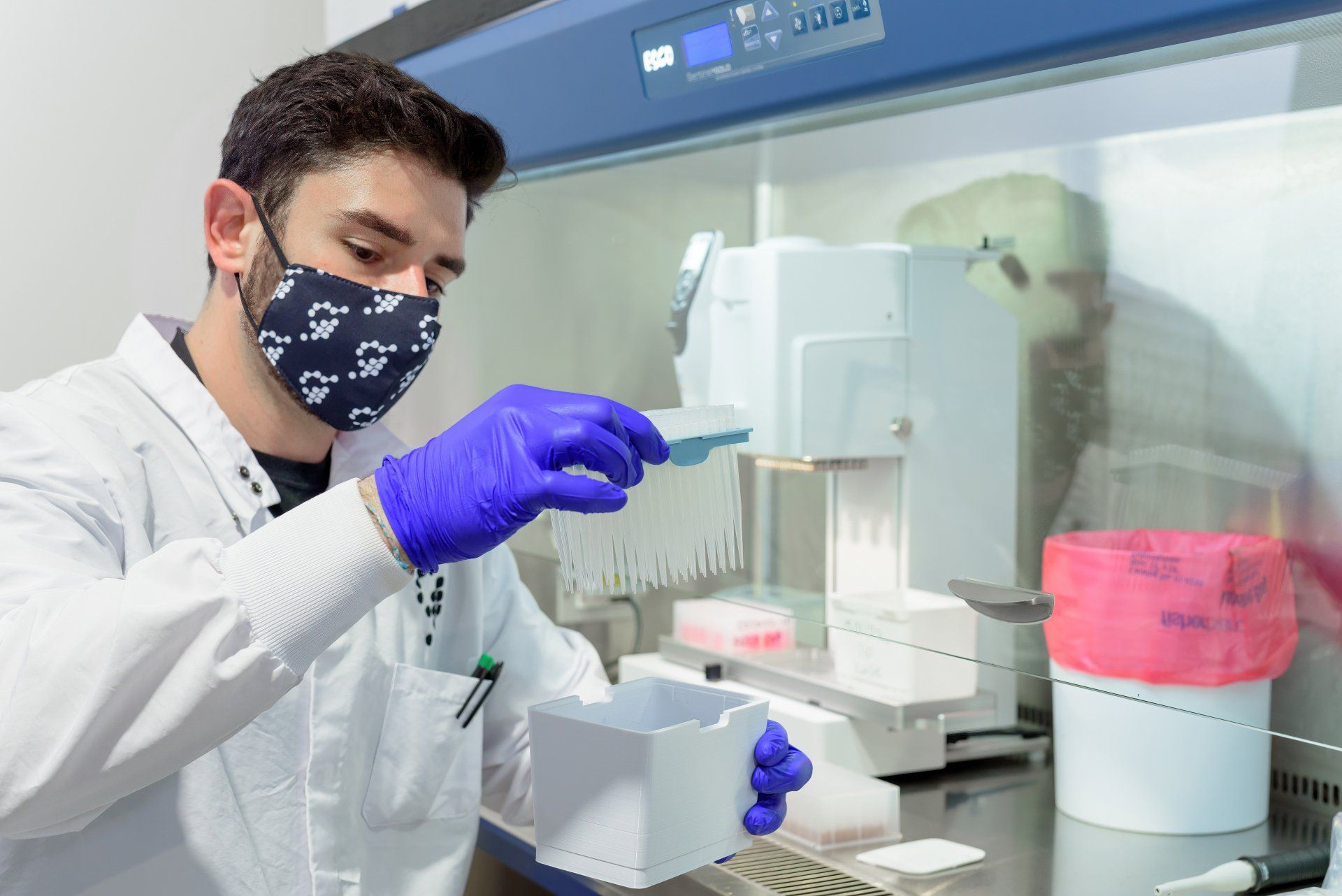Pharmacogenetics (PGx) and Its Positive Impact on Breast Cancer Treatment & Recovery
What is Pharmacogenetics (PGx)?
If you haven’t heard of pharmacogenetics (PGx) before, the science behind it can be boiled down to this:
The genes you were born with determine how you’ll respond to certain medications. Pharmacogenetics is the study of this gene/drug interaction.
This is Critical Information for Your Health and the Success of Treatment
Knowing how your body will react to a particular drug or drug combination helps doctors make informed, educated decisions about what medicines they should or shouldn’t order for you, as well as their dosage.
And, because your genetic makeup is unique to you, it makes sense that each person could react differently to the same medications, i.e. drugs that work for you may not have that same effect on someone else.
In fact, certain medications can be downright ineffective for some patients and can also prove to be dangerously toxic to their bodies.
CYP2D6 & Tamoxifen
There are several genes in your body that doctors can look at to determine which drug therapies will work specifically for you.
These genes interact with some of the most common medications prescribed to treat and prevent the reoccurrence of breast cancer.
Tamoxifen, an estrogen modulator familiar by the brand names Nolvadex or Soltamox, is a popular drug ordered for patients diagnosed with breast cancer, both in its early and advanced stages.
It’s also prescribed to reduce the risk of developing breast cancer in women who are genetically predisposed to it or have an increased chance of developing the disease due to family history.
To work at its full strength, Tamoxifen depends on the cooperation and optimal functioning of the genetic enzyme CYP2D6 to be effective. But, if you happen to have low-functioning CYP2D6, your body will show little to no response when taking it.
This lack of response, besides causing the medicine to be ineffective, could put you at an increased risk for cancer recurrence compared to women with normal CYP2D6 functionality.
Having low CYP2D6 activity can also cause your body to struggle in breaking down break down the active agent in Tamoxifen. This would allow the drug to continue to build up in your bloodstream, running the risk of causing severe toxicity.
This toxicity could lead to sepsis, neutropenia (a critically low count of white blood cells), or, in the worst case, death.
A quick and reliable PGx test increases the ability to gauge your CYP2D6 reactivity before your doctor prescribes Tamoxifen as part of your treatment plan. Knowing this information would allow her to seek an alternative course of medication for your care and recovery.
PGx and Battling the Physical & Mental Toll of Cancer Treatment
Aside from medications specifically designed to treat breast cancer and blunt its recurrence, how well treatment-supportive drugs like antidepressants, pain medications, and anti-nausea drugs will work in your favor also depends on your genetic makeup.
These therapies are prescribed to help alleviate some of the challenging side effects caused by rigorous cancer treatments and the mental and physical toll they can exact.
Knowing which supportive medicines your body will respond to the best could make the difference between a rough road to recovery and one that’s easier for you to manage.
PGx: A Guidebook for the Body
If you’ve ever wondered why certain medications don’t seem to work for you as they do for other people, the answer is most likely found in your genes.
The results from a PGx test read like a guidebook to what will and won’t work with your specific body.
And when it comes to treatment for breast cancer, knowing what medications work best for you provides you with the best footing for an unexpected and unpredictable journey.
Knowing which supportive medicines your body will respond to the best could make the difference between a rough road to recovery and one that’s easier for you to manage.










